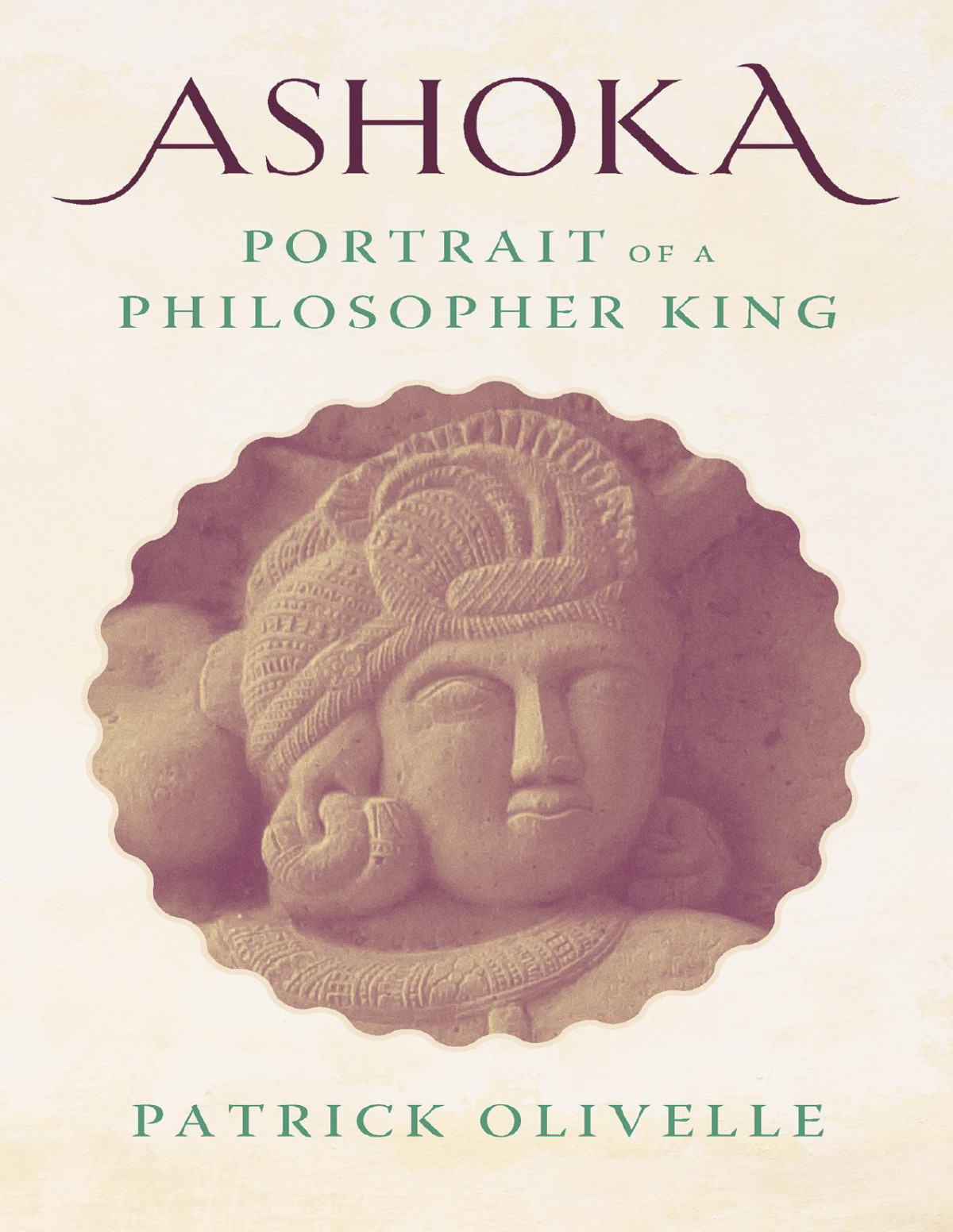

Most ebook files are in PDF format, so you can easily read them using various software such as Foxit Reader or directly on the Google Chrome browser.
Some ebook files are released by publishers in other formats such as .awz, .mobi, .epub, .fb2, etc. You may need to install specific software to read these formats on mobile/PC, such as Calibre.
Please read the tutorial at this link: https://ebookbell.com/faq
We offer FREE conversion to the popular formats you request; however, this may take some time. Therefore, right after payment, please email us, and we will try to provide the service as quickly as possible.
For some exceptional file formats or broken links (if any), please refrain from opening any disputes. Instead, email us first, and we will try to assist within a maximum of 6 hours.
EbookBell Team

5.0
88 reviewsAn illuminating biography reconstructing the life and legacy of a unique king in world history and the most famous emperor in South Asian historyThere are few historical figures more integral to South Asian history than Emperor Ashoka, a third-century BCE king who ruled over a larger area of the Indian subcontinent than anyone else before British colonial rule. Ashoka sought not only to rule his territory but also to give it a unity of purpose and aspiration, to unify the people of his vastly heterogeneous empire not by a cult of personality but by the cult of an idea—“dharma”—which served as the linchpin of a new moral order. He aspired to forge a new moral philosophy that would be internalized not only by the people of his empire but also by rulers and subjects of other countries, and would form the foundation for his theory of international relations, in which practicing dharma would bring international conflicts to an end.
His fame spread far and wide both in India and in other parts of Asia, and it prompted diverse reimaginations of the king and his significance. In this deeply researched book, Patrick Olivelle draws on Ashoka’s inscriptions and on the art and architecture he pioneered to craft a detailed picture of Ashoka as a ruler, a Buddhist, a moral philosopher, and an ecumenist who governed a vast multiethnic, multilinguistic, and multireligious empire.